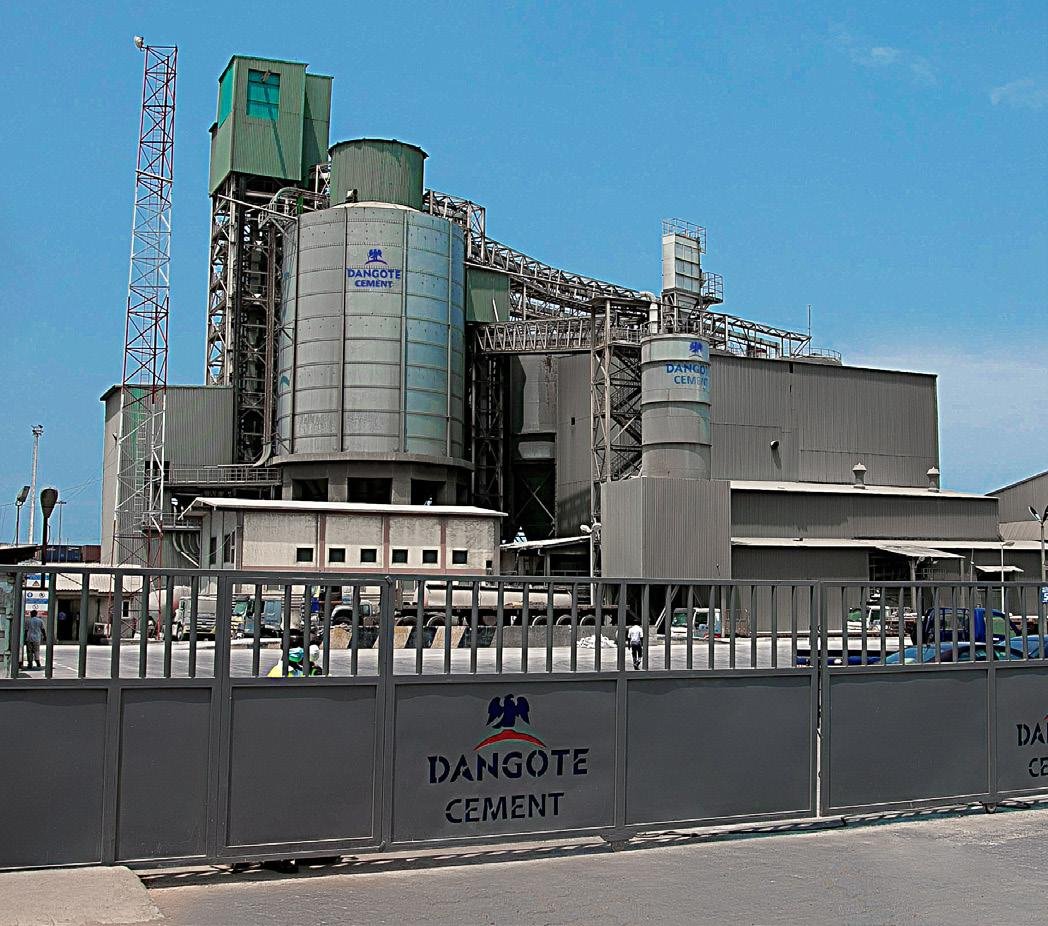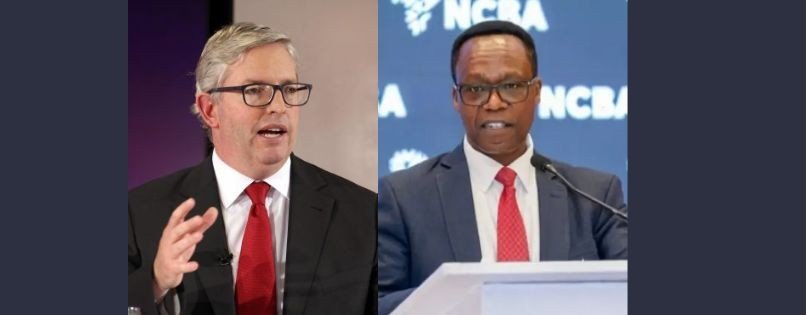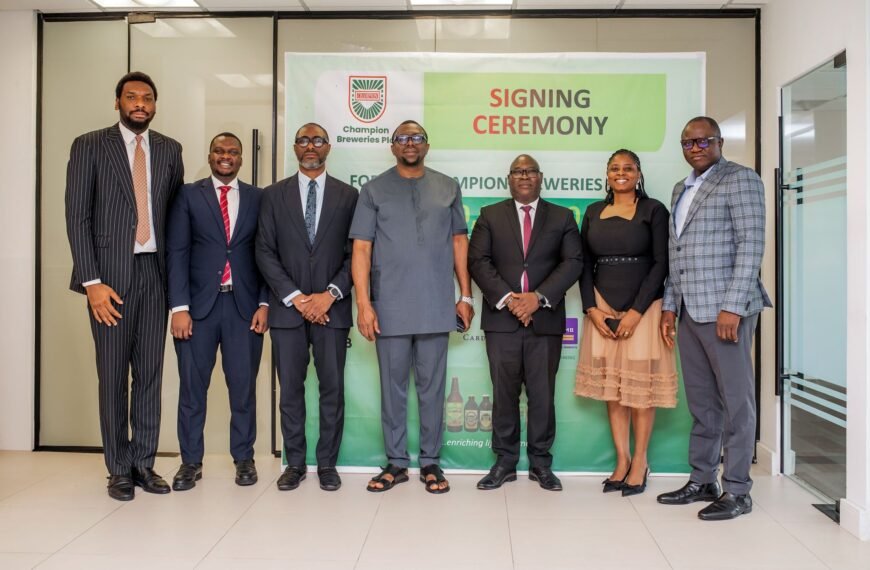

Nigeria: Dangote Cement Plc prospects the use of sustainable alternative energy
The Greenhouse Gas (GHG) emissions from burning fossil fuels have been confirmed to contribute significantly to climate change and its adverse effects on the planet earth.
To ensure a sustainable future, the United Nations has charged organizations around the world to take action to reduce carbon Dioxide (CO2) and other GHG emissions using alternative energy to save the mother earth from further depletion.
With this in focus, Dangote Cement Plc, a pan-Africa cement manufacturer, on the occasion of World Earth Day, threw up the gauntlet, leading the rest of African industries to champion the use of sustainable alternative energy.
The intention is to save the planet, which has long been exploited through various human activities such as urbanization, agricultural practices, wildlife trafficking, deforestation, and other activities, which are driven by the use of fossil fuel. It has led to a sort of environmental destruction, which is now hurting man in numerous unfriendly forms such as global warming, climate change, and pollution.
Alternative energy is a set of potent methods of generating energy from renewable sources, having prospects of low risk of harming the environment. These renewable sources, despite their potential for wealth generation, are taken for granted and are thrashed, albeit out of ignorance.
It is against this background, that Dangote Cement charted a course for itself to be part of efforts at redeeming the earth. The company keyed into the global action, being championed by the United Nations, to reverse the trend and invariably turn the waste materials hitherto thrashed into wealth for the benefit of the people and the good of society.
The company set up a team comprising of sustainability, alternative fuel, and health and environment experts to drive the efforts. The team embarked on sensitization visits to some identified locations with an abundance of renewable energy sources across the country to enlighten the stakeholders in the value chain, on ways and means to preserve the waste for use as an alternative fuel and economic empowerment.

















